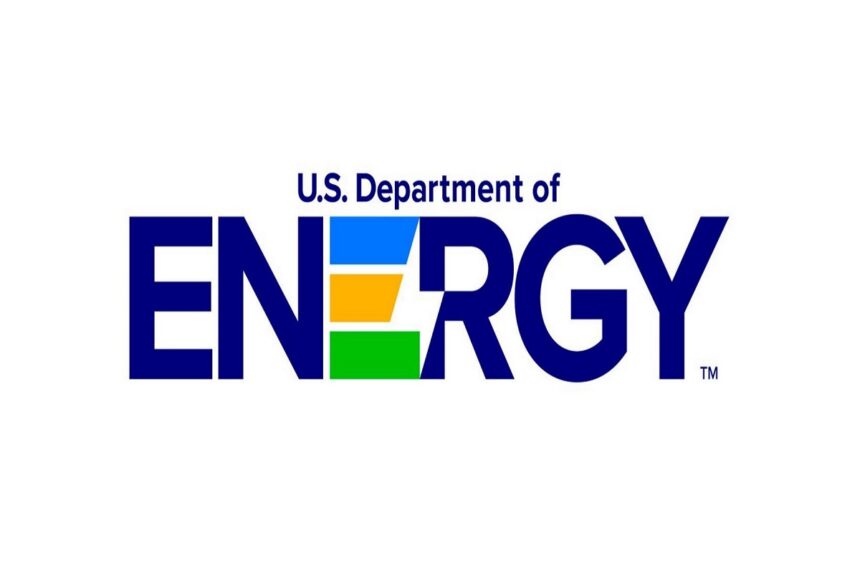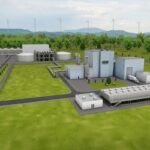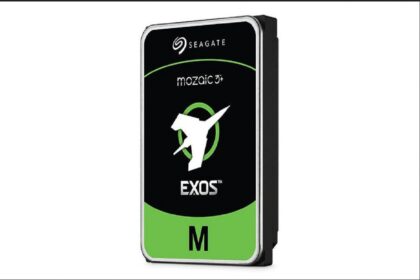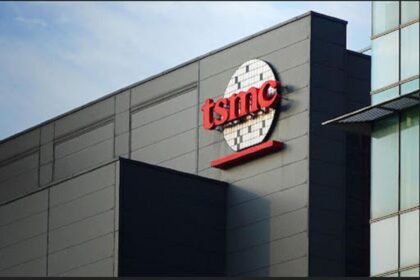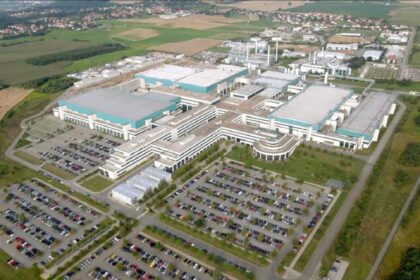The U.S. Department of Energy (DOE) has unveiled a significant funding opportunity to advance quantum research. The $625 million initiative aims to establish five new National Quantum Information Science (QIS) research centers, bolstering the country’s leadership in quantum computing, sensing, and materials science.
Overview of the Funding Opportunity
The DOE’s Office of Science is offering the $625 million to support the establishment of five new research centers. This funding builds on the previous investment from 2020, when the first five centers were launched across several national laboratories, including Brookhaven National Laboratory, Argonne National Laboratory, Oak Ridge National Laboratory, Lawrence Berkeley National Laboratory, and Fermi National Accelerator Laboratory.
The new centers are expected to tackle critical challenges in quantum information science through co-design and collaborative approaches, aiming for breakthroughs in quantum technologies that can revolutionize various industries.
Quantum Technologies Focus Areas
The funding opportunity prioritizes research in several key areas of quantum technologies:
- Quantum Computing and Simulation: Improving the power and efficiency of quantum computers, a critical step toward solving complex problems in fields like cryptography and material science.
- Quantum Communications: Developing secure, ultra-fast communication systems based on quantum principles.
- Quantum Sensing: Advancing precision measurement technologies that can impact a variety of sectors, from healthcare to aerospace.
- Quantum Materials and Chemistry: Innovating new materials that leverage quantum properties to enable next-generation technologies.
- Quantum Foundries: Establishing scalable production methods for quantum devices, ensuring that innovations can be translated into practical, real-world applications.
Proposal Guidelines and Requirements
The DOE invites proposals from multi-institutional, multidisciplinary teams led by national laboratories. Other entities, such as academic institutions and industry partners, can participate as sub-awardees.
The department is particularly interested in proposals that show a clear vision for advancing basic science and developing novel quantum technologies, in alignment with the National Quantum Initiative Act. The aim is to identify teams that will accelerate transformational progress in quantum science and technology.
Financial Support and Timeline
Each of the five selected proposals will receive up to $125 million in funding over a five-year period. Proposals must be submitted in two phases: pre-proposals are due by March 12, 2025, and full proposals must be submitted by June 4, 2025.
The goal is to establish these centers as hubs for world-leading quantum research, providing the infrastructure and resources needed to tackle some of the most pressing challenges in the field.
Frequently Asked Questions
1. What is the National Quantum Initiative Act?
The National Quantum Initiative Act is a U.S. government effort to ensure American leadership in quantum science and technology. It aims to foster the development of quantum technologies in areas like computing, communications, and sensing through research, collaboration, and funding.
2. How will the new quantum research centers impact the field?
These centers will drive advancements in quantum technologies that could revolutionize industries such as telecommunications, healthcare, and cybersecurity. Their research will enhance computing capabilities, develop new quantum materials, and improve precision measurement techniques.
3. Who can apply for the DOE’s quantum research funding?
The funding opportunity is open to national laboratories, which must lead proposals. Other institutions, including universities and private-sector companies, may participate as sub-awardees.
4. What are some of the challenges in quantum information science?
Key challenges in quantum information science include improving the stability and efficiency of qubits, developing scalable quantum computing systems, and creating materials with the right quantum properties for various applications.



